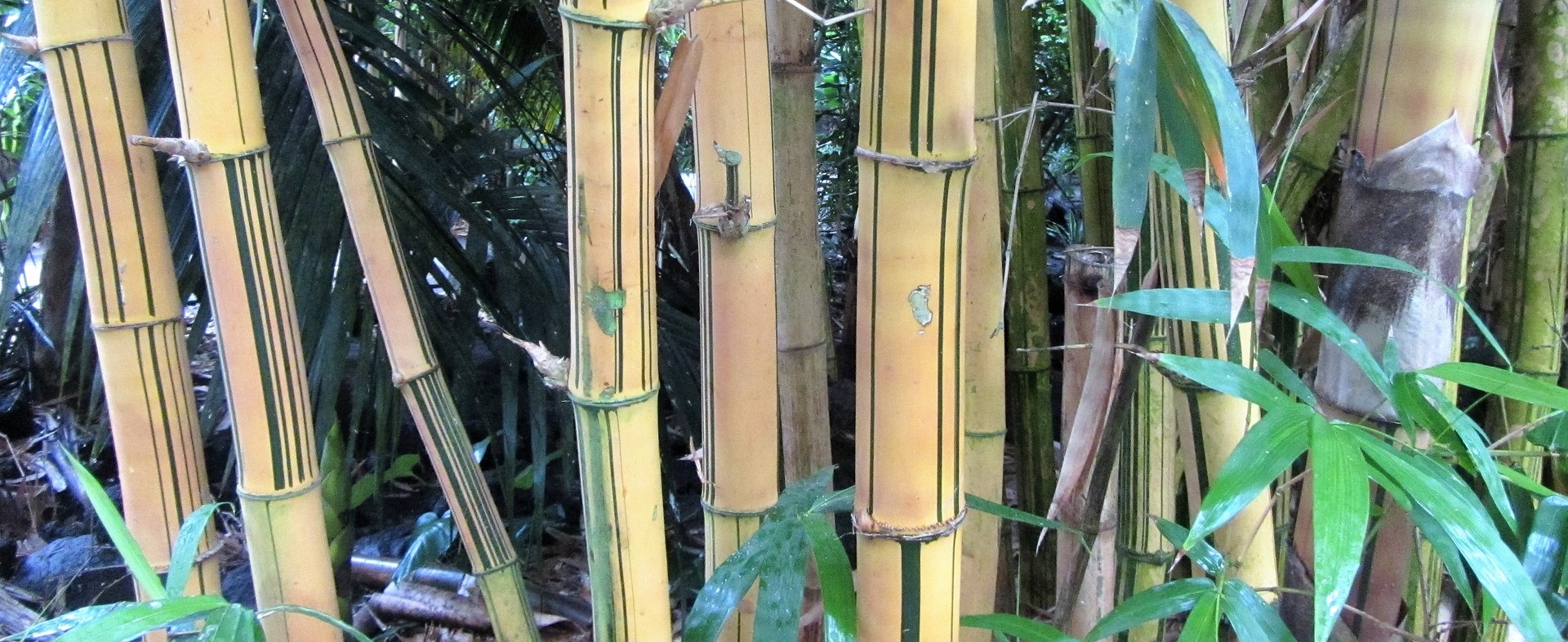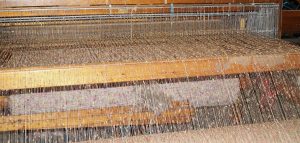
Wimbledon 2020 Cancelled
It is almost that time of the year when people would go watch a sporting

There has been a lot of controversy surrounding the manufacture of bamboo fabrics because of some questionable processing practices that have been used. It must be first said, however, that cotton manufacturing has traditionally used the same chemical processes for many decades. To get right into it, there are three basic methods of processing fibres for use in the manufacture of textiles – chemical, nano tech, and mechanical.
 The chemical processing of bamboo is similar to how rayon fabric is made, and the resulting texture of the bamboo fibre material is also similar. Chemically processed bamboo involves a process wherein the raw bamboo leaves and woody shoots are soaked and re-soaked in chemical solvents to soften them. At least two of these chemicals have been proven to cause serious health problems, making the final bamboo fibres the opposite of beneficial, and negating the raw material’s sustainable and environmentally friendly attributes. Chemical processing is preferred by many manufacturers because it is fast and easy, making it ultimately more cost-effective for them.
The chemical processing of bamboo is similar to how rayon fabric is made, and the resulting texture of the bamboo fibre material is also similar. Chemically processed bamboo involves a process wherein the raw bamboo leaves and woody shoots are soaked and re-soaked in chemical solvents to soften them. At least two of these chemicals have been proven to cause serious health problems, making the final bamboo fibres the opposite of beneficial, and negating the raw material’s sustainable and environmentally friendly attributes. Chemical processing is preferred by many manufacturers because it is fast and easy, making it ultimately more cost-effective for them.
More recently, some manufacturing facilities have developed less harsh chemical processing practices, but chemical is still chemical. The best new method for processing bamboo uses modern nanotechnology. The process is a well-guarded secret, but basically involves burning old, dried bamboo, producing a charcoal from which nanoparticles are extracted and embedded into other fibres like cotton, polyester and nylon. The resulting blend with bamboo fibres produces a yarn that is woven into fabrics. Then again, it involves these other fibres that are neither organic or sustainable. Moreover, the active bamboo charcoal ingredients in this new fabric remain potent for only six months.
 The mechanical processing of bamboo is the truly traditional way. The process is similar to how linen is made, and does not introduce any chemical elements to the raw bamboo to extract the bamboo fibre. This is a much better method, but takes much more work and therefore brings in much lower profits. Mechanical processing relies on crushing woody bamboo shoots and adding natural enzymes to break it down further before it is mechanically combed and spun into yarn. Few manufacturers adhere to this age-old honestly organic method because of the cost, but faithfully eco-friendly bamboo pillow, bedding, and clothing retailers will always do their best to source their products from the most reliable manufacturers. The cost to consumers is also higher, of course, but it is a matter of making a wise choice of investment in health and comfort.
The mechanical processing of bamboo is the truly traditional way. The process is similar to how linen is made, and does not introduce any chemical elements to the raw bamboo to extract the bamboo fibre. This is a much better method, but takes much more work and therefore brings in much lower profits. Mechanical processing relies on crushing woody bamboo shoots and adding natural enzymes to break it down further before it is mechanically combed and spun into yarn. Few manufacturers adhere to this age-old honestly organic method because of the cost, but faithfully eco-friendly bamboo pillow, bedding, and clothing retailers will always do their best to source their products from the most reliable manufacturers. The cost to consumers is also higher, of course, but it is a matter of making a wise choice of investment in health and comfort.
Because of the demand for organic bamboo fibre products, pricing has gone down, regulations have gotten stricter, and manufacturers are being pressured to maintain integrity in processing. As the world grows more conscious about the environment and governments are pressured to adjust their economies to this trend, the manufacture of bamboo fibre should grow increasingly greener.

It is almost that time of the year when people would go watch a sporting

Queen Elizabeth II has two birthdays to celebrate: her actual birthday on 21 April and

The first of May is celebrated by many countries around the world as Labour Day